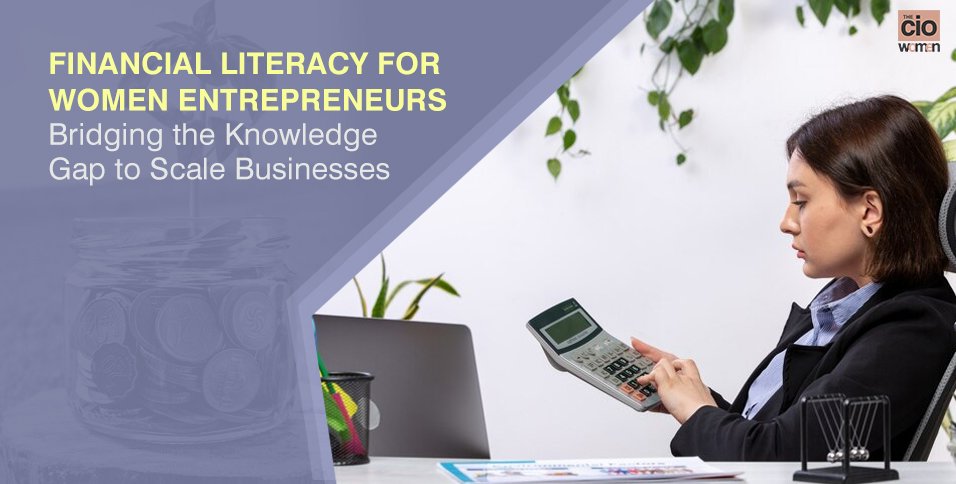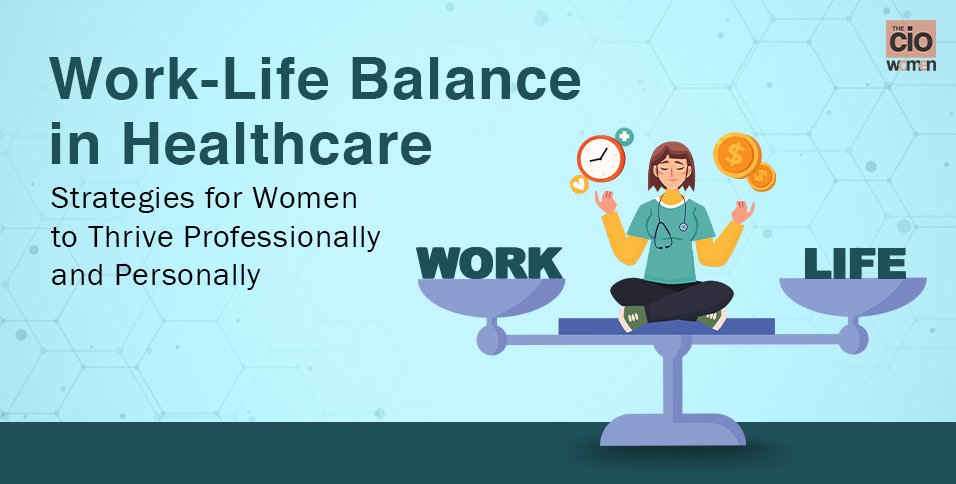Financial literacy is a critical factor for entrepreneurial success, yet many women entrepreneurs face significant knowledge gaps when it comes to managing finances. Despite their growing presence in business, women often encounter challenges related to accessing capital, understanding financial tools, and navigating investment opportunities. Bridging this financial literacy gap is key to empowering women to scale their businesses and achieve long-term success.
The Unique Financial Challenges Women Entrepreneurs Face
While women-owned businesses are on the rise globally, women entrepreneurs often face barriers that make scaling more difficult. One of the most pressing issues is limited access to capital. Studies show that women receive less funding from traditional sources such as banks and venture capitalists compared to their male counterparts. This disparity can stem from systemic biases, as well as a lack of awareness or confidence in seeking alternative funding options.
Additionally, many women entrepreneurs find financial planning and cash flow management challenging. Without a strong foundation in financial literacy, it can be difficult to make informed decisions about expenses, profits, and investments. These challenges not only hinder day-to-day business operations but also create obstacles to scaling a business.
Financial Literacy: The Key to Unlocking Business Growth
Improving financial literacy is essential for women entrepreneurs to overcome these challenges. Financial literacy goes beyond just understanding numbers—it involves knowing how to budget, manage cash flow, seek funding, and make strategic investment decisions. With the right financial knowledge, women can make more confident decisions, allowing them to better manage their businesses and pursue growth opportunities.
For example, mastering cash flow management ensures that entrepreneurs can maintain liquidity, plan for future expenses, and reinvest in their businesses without financial strain. Similarly, understanding tax planning and legal compliance helps women avoid costly mistakes and improve their bottom line. Being financially literate also means recognizing when and how to seek outside capital, whether through loans, investors, or crowdfunding, to fuel expansion.
Programs and Tools Empowering Women Entrepreneurs
Fortunately, several initiatives are helping women entrepreneurs bridge the financial literacy gap. Organizations like SheEO, WEConnect International, and local women’s business networks offer mentorship, workshops, and resources specifically tailored to improving women’s financial knowledge. These programs teach essential skills such as financial planning, budgeting, and investment strategies, helping women gain the confidence and expertise they need to grow their businesses.
The Path to Financial Independence
By improving their financial literacy, women entrepreneurs can break down barriers that have traditionally held them back. Armed with the right financial tools and knowledge, they can secure funding, streamline operations, and make smarter investments to scale their businesses. As more women gain financial confidence, we can expect to see an even greater rise in successful women-owned businesses, contributing to a more equitable and diverse business landscape.
Conclusion
Financial literacy is not just a skill—it’s a pathway to financial independence and business growth. By bridging the financial knowledge gap, women entrepreneurs can unlock new opportunities, navigate challenges more effectively, and scale their businesses to greater heights. Investing in financial education for women entrepreneurs is a critical step toward building a more inclusive and prosperous business environment.
Also Read: The Impact of ESG Investing on Women’s Financial Empowerment: Opportunities and Challenges






